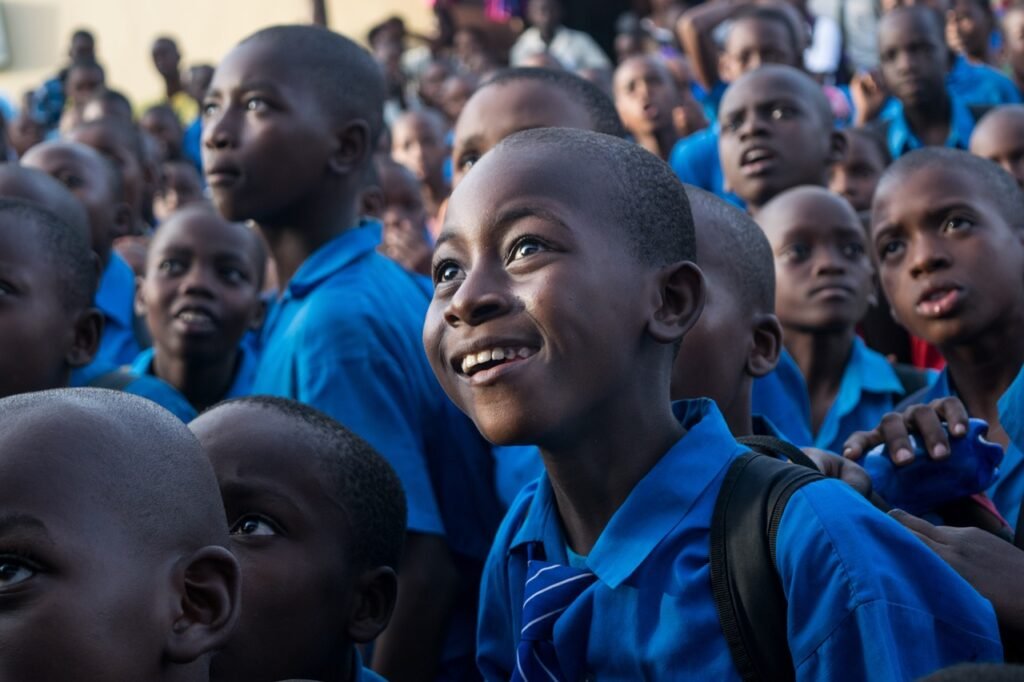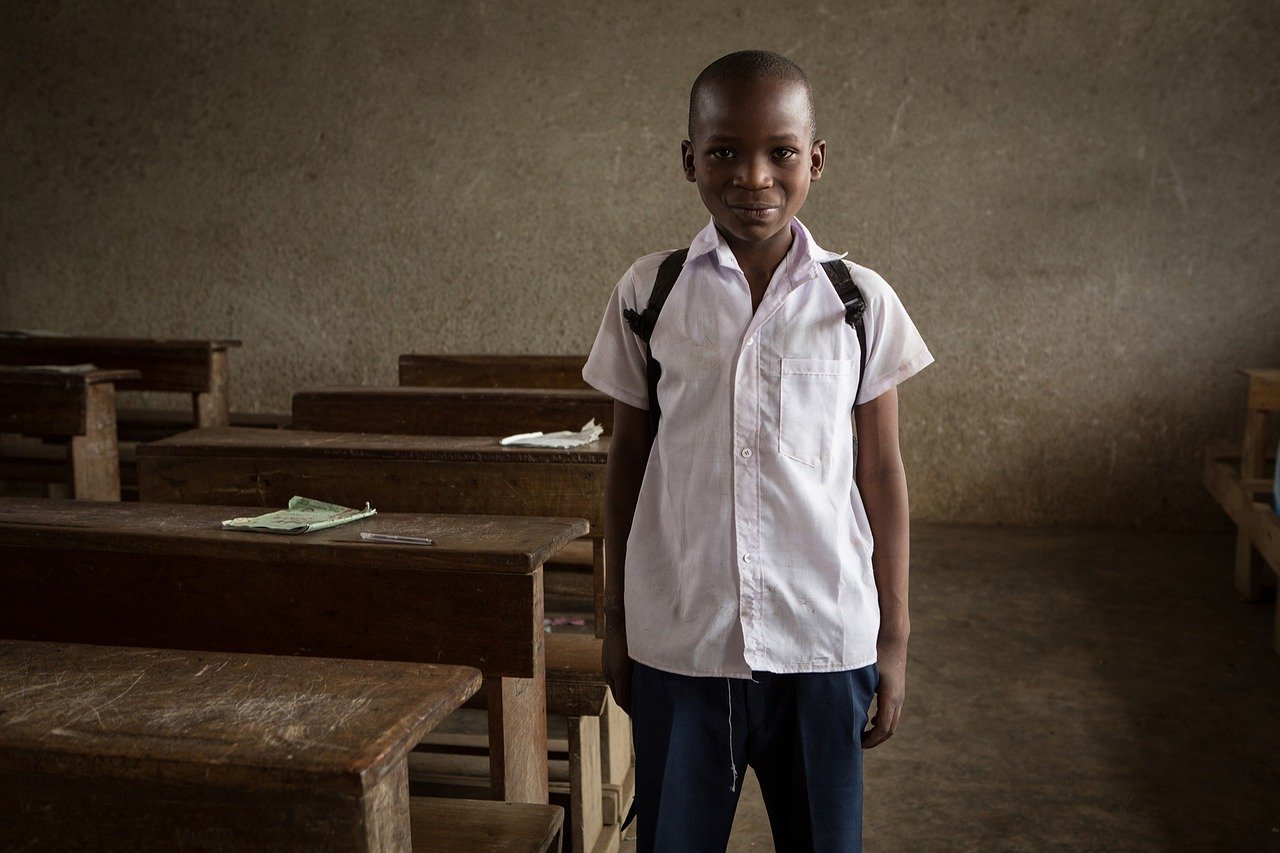In the contemporary age, educational inequality is one of the most threatening problems that people face. There are several barriers before most children can realize their fullest potential. The obstacles exist especially for the children from disadvantaged backgrounds. Sharon Wolf, a leading researcher in this area, believes that such problems could be solved maybe in the social sciences, especially in the way we provide supports for children’s learning in school and home environments. She focuses on understanding how the necessary interventions, especially those that promote parental involvement, can be quite influential in children’s overall educational outcomes.

The Early Childhood and Parental Involvement: A Strong Agent of Change
Sharon Wolf aims to belief that whatever occurs in the childhood goes a long way in determining the destiny of an individual. Early adversities like poverty, trauma, or chaos will have an impact on a child’s potential for development. Such children exist throughout the world. She stresses that the effects of such adversities can indeed be cushioned through adequate care. The primary condition here, she argues, is built upon responsive and nurturing relationships that children develop either in the home or in the school.
It is this early period in a child’s life that is potentially shaping his future; unfortunately, many children do not have access to that kind of support which could reverse the damage caused by their early life experiences. It is for this reason that Sharon has smeared herself with the zeal of finding solutions that would scale up and easily reach all children and afford them the possibility of thriving, Down the line, she is more focused on supporting parents and teachers in building these important relationships.
The main emphasis of Sharon’s longitudinal study is on how we can support caregivers- primarily parents- in providing the nurture and support for their children to optimally develop. Parents are really the first teachers a child has; hence, it is absolutely critical that they be involved in their child’s education. Sharon wishes to study how, even in the stressful circumstances of everyday life, support can be offered to parents to create an enhanced learning environment for their children.
Another important source of a child’s academic development is the teacher. Sharon sees to it that teachers have the tools they require to meet the needs of all the children. This includes an understanding of developmentally appropriate best practices and effective practices that impact all children, no matter where they begin their developmental trajectory. The long-term goal is to make parents and educators work together so that the two can have the maximum impact on the results of children’s learning.
A Unique Approach to Parental Engagement: Mobile Messaging
Sharon’s team has embarked on finding different means of supporting both parents and teachers by using technology. One of these attempts was sending simple behavioral “nudges” via text messages to parents. These messages did not communicate any new information but were designed to subtly change the parents’ perceptions of their roles in their child’s education. The objective was to motivate the parents towards engaging more with their children’s learning and encouraging behaviors that would ultimately improve the child’s academic performance.
The cheap, simple appeal of this model is its greatest strength. Text messaging is an inexpensive, easy-to-scale means to reach a vast number of parents in areas where other means of communication may be somewhat limited. Sharon and her team tested this method in Cote d’Ivoire using 99 public primary schools, where children aged 6 to 11 years were studied.
How Parental Messaging and Teacher Communication Worked in Côte d’Ivoire Experiment
Within their experiment, Sharon’s team set up a randomized trial in 99 different public primary schools across the country of Côte d’Ivoire. The performance of different communication strategies was tested by grouping the schools into different categories. Text messages about activities parents were meant to receive went to 25 of the schools directly. Another 25 schools received no messaging intervention at all but were assigned to the control group. Out of the remaining 24, messages were directed to the teacher audience with an incentive to improve the effectiveness of teachers while maximizing classroom time on task and overall motivation. Due to the final 25 schools, both parents and teachers received messages to enable comparison of the benefit for both groups.
This experiment provided Sharon’s team a wonderful opportunity to learn how much different forms of communication affect either parental engagement or teacher performance. They found that sending messages to parents had a significant effect. The result was that parents who received these text messages were found to get more actively involved with children regarding their education, which translated into better educational outcomes for children. But more promising results came from those schools where messages were sent to both parents and teachers. This approach has created a better environment at home in support of schooling and vice versa.
Extensive Potential Change
Sharon’s findings point to the incredible potential simple, low-cost interventions that leverage communication have to change the way parents and teachers relate to their roles in children’s education-scattering a few nudges to parents and asking them to support teachers in improving their practices within this greater classroom-such interventions will be cumulatively self-sustaining in making a more favorable and constructive learning environment for children. And when scaled, it can do wonders for the reducing educational inequalities-how would it even impact the resource-limited geographies!
Magical scalability of those interventions-sending mobile messages is not only a cheap way but also easy to escalate. Last, as Sharon’s research also shows, very tiny changes may indeed manifest a few miracles and transform a child’s learning curve. Encouraging budding relationships at the very environment of the learning place away from the school-as abroad therefore, one will not have quoted that no potential child would be left without opportunity.
Conclusion: Supporting Parents, Teachers, and Children
His research undertaken by Sharon Wolf emphasizes the support extended to parents and educators in their approaches to caregiving and teaching. From this vantage point, the child learns, and the support would enable the parent and teacher to promote learning in positive settings owing to advantageous bases for transforming their education conditions with the rest of children in order for the entire crop of children to benefit. Simple interventions such as sending messages in mobile devices could really change the landscape toward having one child realize his potential to the fullest, whether favored or disadvantaged.
Applying research, practical solutions, and innovation may result in great change in the fight against educational inequality. Sharon’s work reminds us that we each play a collective role in making sure that children have a bright future; together, we can help pave a fair way for every student.

